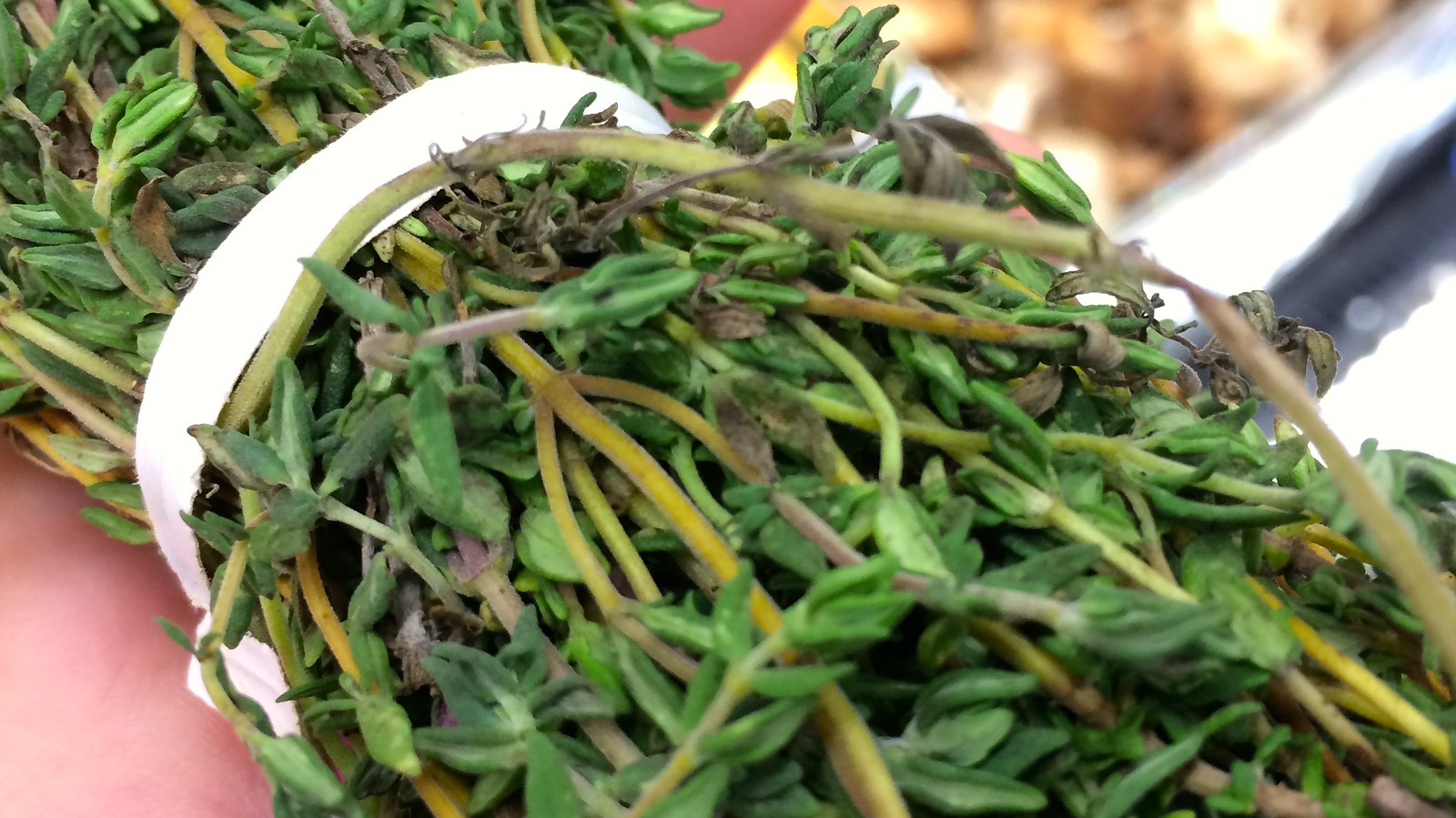Easy Ingredient Substitutes
Lime/Lemon
This one's a pretty obvious one, but some people are sticklers for ingredient lists so I thought I'd include it anyway. If a recipe calls for limes and you don't have any on hand, but you do have lemons, go for it. Limes are a little sweeter than lemons (would you rather drink tequila with lime or lemon?), but the acidity level that the recipe is probably after is about the same. If you use lemon and the dish is still missing that sweetness, you can add a pinch of sugar and that should make up the difference. The zests are interchangeable too, though the flavor difference is more noticeable than with the juice.
Fresh Herbs/Dried Herbs
Also a bit of a no-brainer, dried herbs typically do the trick in recipes that call for fresh herbs. The flavor is different — there's no denying that — you'll lose the wonderful freshness that fresh herbs are used for. But the general flavor of the herbs can be achieved with dried versions. The flavor is more concentrated in dried herbs so you don't need as much (don't add handfuls of dried herbs!) and there's no reason to buy a box of the fresh stuff if you'll have to throw half of it away.
Buttermilk/Yogurt and Vinegar
So you want to make buttermilk pancakes, but let's be real, how often do you have buttermilk on hand? Never. Because you only use half the bottle and the other half spoils before you make more buttermilk pancakes. Buttermilk is essentially really fatty milk so yogurt works really well as a substitute. To match the hint of acidity in buttermilk, add a splash of vinegar. You can also water the mixture down a bit to better match the consistency. The whole mixture is a one-to-one substitute for buttermilk.
Margarine/Butter
When I bake, I avoid margarine as much as possible. If I have a recipe that calls for margarine, I almost always use butter instead. Granted butter isn't great for you either, but it definitely beats margarine. This substitute doesn't always work perfectly — in some recipes the butter doesn't hold it's form as well as margarine would, and the flavor difference can have too big an impact too. That being said, it's definitely worth a try. If butter doesn't quite cut it, you can try vegetable shortening too.
Oil
Yes, oil is a substitute for itself. In all recipes, no matter which kind of oil the recipe calls for, oil is used as a fat. The various types of oils differ mostly by flavor. While there are different fat contents in different oils, they are relatively interchangeable. If a recipe calls for sunflower oil, using canola oil won't affect the final product too much. Substituting for a healthier oil is definitely doable (and encouraged). Of course, with all substitutes, it will alter the flavor a bit, but if it saves you some calories or a trip to the grocery store, I say go for it.
Butter/Applesauce
I don't know who came up with this, but they deserve a medal of honor. Trying to cut back on fat when you're baking can be a struggle, but applesauce is the perfect solution. Fats in baked goods keep the protein in the flour from mixing completely with the wet ingredients and becoming rubber — applesauce does this job flawlessly. You can substitute all or some of the fat in any recipe for applesauce and the consistency should come out right (you'll probably taste the applesauce though).
View the original post, Easy Ingredient Substitutes, on Spoon University.





